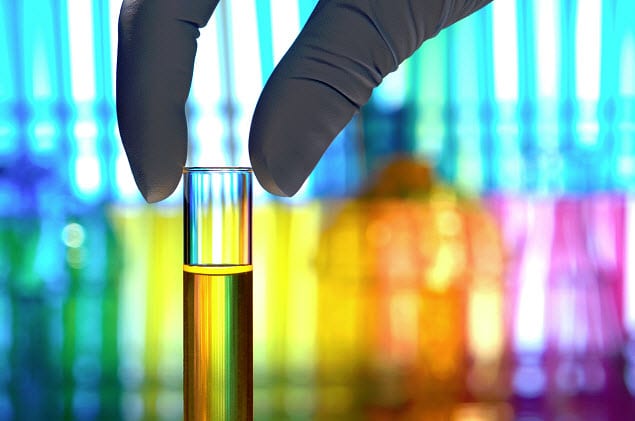Study highlights the potential of using solar power to generate hydrogen fuel
July 22, 2014Solar energy and hydrogen are becoming more closely mingled
A new study from the Joint Center for Artificial Photosynthesis aims to shed some light on the issue of photoelectrochemical hydrogen production. This process involves the use of solar energy to produce hydrogen, which can be used by fuel cells to generate electrical power. Current hydrogen production methods are energy intensive, consuming a significant amount of fossil-fuels that produce harmful emissions. By using solar power, the hydrogen production process can be make more environmentally friendly and efficient. The problem is, however, that the production process itself requires a large amount of electrical power that only fossil-fuels have managed to effectively provide.
Large-scale production of hydrogen is becoming more important
Large-scale production of hydrogen fuel is currently one of the more problematic issues that the clean energy world faces. A new generation of vehicles are set to launch in the coming years and these vehicles will rely on hydrogen as their primary power source. Fuel cells are also becoming more common in the residential sector and various industrial sectors. Without effective hydrogen production methods, these fuel cells will have limited value. Artificial photosynthesis may be the solution to this problem.
Solar power may help resolve the production problem
The study aims to assess the energy balance of large-scale hydrogen production and attempts to determine whether artificial photosynthesis can be considered a viable way to generate hydrogen fuel. For the study, researchers devised a solar-hydrogen energy model simulation, through which they examined the potential of a photoelectrochemical cell. The cell used solar energy to generate hydrogen. This hydrogen could be stored or siphoned off by another fuel cell to generate electrical power.
Solar-to-hydrogen system could have a greater energy return than more conventional energy systems
Through the study, researchers found that there must be a balance when it comes to energy production through hybrid clean technology. Researchers estimate that if a photoelectrochemical cell can have a solar-to-hydrogen efficiency of 20%, and the cell itself has a lifespan of 20 years, the energy system will have a positive energy payback within the first three years of its operation.


 With over 15 years of reporting hydrogen news, we are your premier source for the latest updates and insights in hydrogen and renewable energy.
With over 15 years of reporting hydrogen news, we are your premier source for the latest updates and insights in hydrogen and renewable energy.